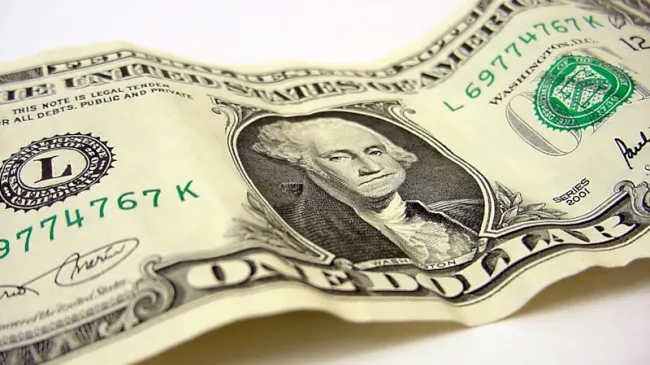Enron and Greenspan’s Bubble
Opponents of the market say we have to stop another Enron from happening again. Yet all the government's watchdog agencies completely missed Enron. The system of cronyism in Washington, D.C., made the debacle possible and made it harder for the public to find out what was going on. Existing laws will put Enron executives behind bars, but they won't touch any of Enron's accomplices in Washington.









